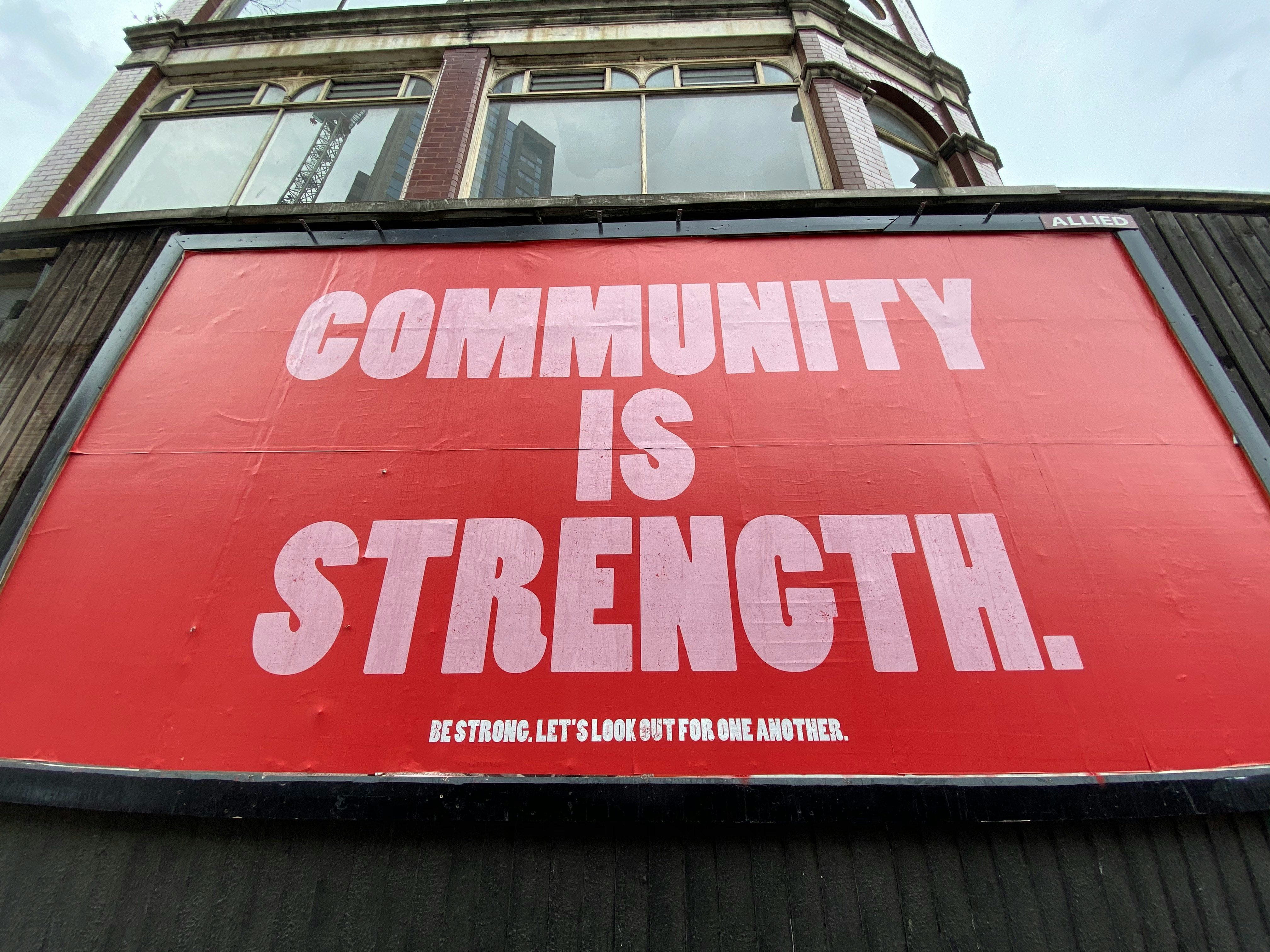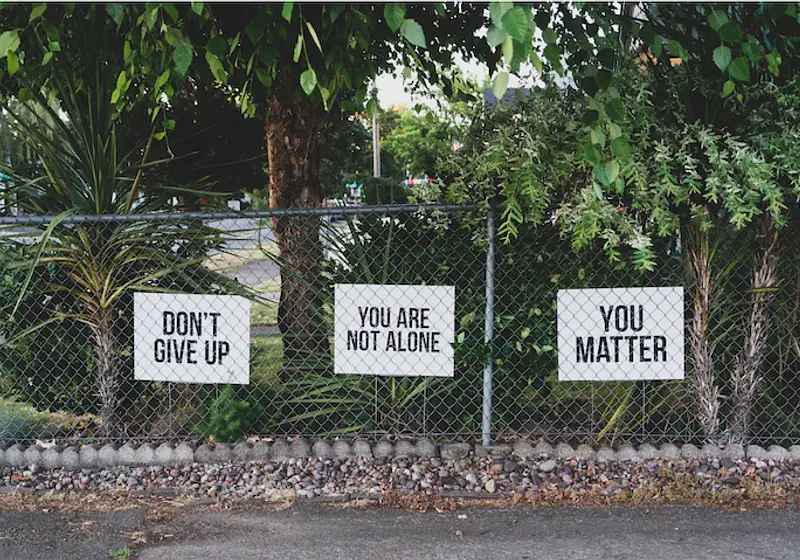In a time where the mental health of society at large often appears to be bleak, we cannot forget about the well-being of some of the most cherished yet vulnerable people among us – our veterans. As a new, diverse generation of gutsy, service-minded, and patriotic Americans have courageously chosen to enlist in our nation's military forces, it is vital that we as a society draw attention to the significance of mental health for future generations, but we must also not forget about the many prized Americans who in prior years, put everything on the line to serve our country.
Many, if not most of us, are acquainted with a veteran or an active-duty armed forces member to some extent. Whether it be a family member, a close friend, a colleague, or anyone else in your neighborhood or community, veterans are everywhere around us. Now more than ever, it's imperative that we come to recognize the health of veterans as a public responsibility for the betterment of society overall. For that reason, we must work towards ensuring American veterans can access quality health care – including mental health resources – in a timely manner.
Let us slide into your dms 🥰
Get notified of top trending articles like this one every week! (we won't spam you)The Statistics

Image Credit: Q from Wikimedia Commons
On average, we lose 20 veterans each and every day as a result of suicide. In addition to alarming rates of suicide, roughly 30% of Vietnam veterans account for experiencing post-traumatic stress disorder (PTSD) over the course of their lifetime, and an estimated 20% of veterans who served in Iraq and Afghanistan too report suffering from the disorder.
The most frequently reported cases of compromised mental health conditions reported among veterans include PTSD, depression, substance use disorders, and traumatic brain injuries. Various other conditions such as hearing loss and illnesses caused as a result of toxic exposure are also evident in veteran communities.
Furthermore, while PTSD is arguably the most commonly occurring mental health condition reported among the veteran community, many veterans do not merely experience one mental health condition but often grapple with a combination of two or more disorders. With this factor taken into consideration, it's vital to evaluate veteran mental health care in a holistic fashion and recognize treatment routes that take into account the intersecting issues at hand.
In addition to mental health challenges, many veterans also struggle with the uncertainties of unemployment, loneliness, homelessness, and physical injuries or impairments. These factors are critically important to take into account when evaluating mental health as mental health often encompasses lingering stresses resulting from other life challenges. After all, veterans often leave their local region in service of the country, but they may understandably fear what their life post-service will look like, which further underscores stress induced by elements of financial instability and potential housing insecurity, among other factors.

Take the Quiz: What is your IQ level?
Find out how smart you are by taking this quiz!
Reducing Stigma

Image Credit: Dan Meyers from Unsplash
Just like with mental health awareness in general, it's nothing short of vital to work towards reducing the stigma surrounding veterans' mental health care. To do so, we can focus on educating ourselves concerning mental illnesses, substance abuse, disorders, etc. as well as educating others when appropriate. In addition to disseminating factual information surrounding mental health, most importantly of all, we must sympathize with others, serve as an understanding support system, and stay in tune with the impact of our behaviors.
Staying Connected with the Community

“Let them {veterans} know that acknowledging they may have PTSD shows they're strong, not weak.” – Wounded Warrior Project
In addition to committing to fostering a future generation equipped with growing empathy and awareness concerning mental health, it's also crucial that American veterans – many of which suffer from PTSD – are provided with a sound quality of life after service.
Many veterans resort to resources, treatment options, self-care practices, and community bonding as paths to coping and recovery from military trauma. Whether you're a participant in a veteran's advocacy organization or simply a regular civilian, you too can assist in fostering a positive, welcoming, and loving community around you.
When conversing with a veteran with PTSD and/or other disorders, just like when discussing any sensitive topic, it's always good to let the veteran assess what they're comfortable discussing, and it's vital that listeners respect those determinations.
Speaking of listeners, it's always great to be a good, understanding listener. Even if you share a different background than another person, the respectable art of empathy is applicable in this situation as the importance of listening respectfully and carefully shines through.
Veterans' Healthcare

Image Credit: Ken Lund from Wikimedia Commons
With the federal Veteran's Administration serving as the primary care center many veterans rely on for healthcare services of various forms, it is therefore critical that the V.A. is able to aid veterans suffering from mental health complications adequately.
The Veterans Health Administration (VHA), often known for its medical centers encompassing the VA, is the largest integrated healthcare system in the United States. It's responsible for providing care at over 1,300 facilities, including close to 200 VA medical centers and over 1,100 outpatient clinics.
Though arguably flawed in certain capacities, V.A. hospitals have grown in terms of their mental health service awareness in recent years. Moreover, more than 1.5 million out of 5.5 million veterans seen in V.A. hospitals received a mental health diagnosis in 2016; this finding signals a 31% increase since just 2004. With more awareness of mental health complications coming to be, perhaps one could hope means of treatment to become accessible for more veterans and Americans alike.














